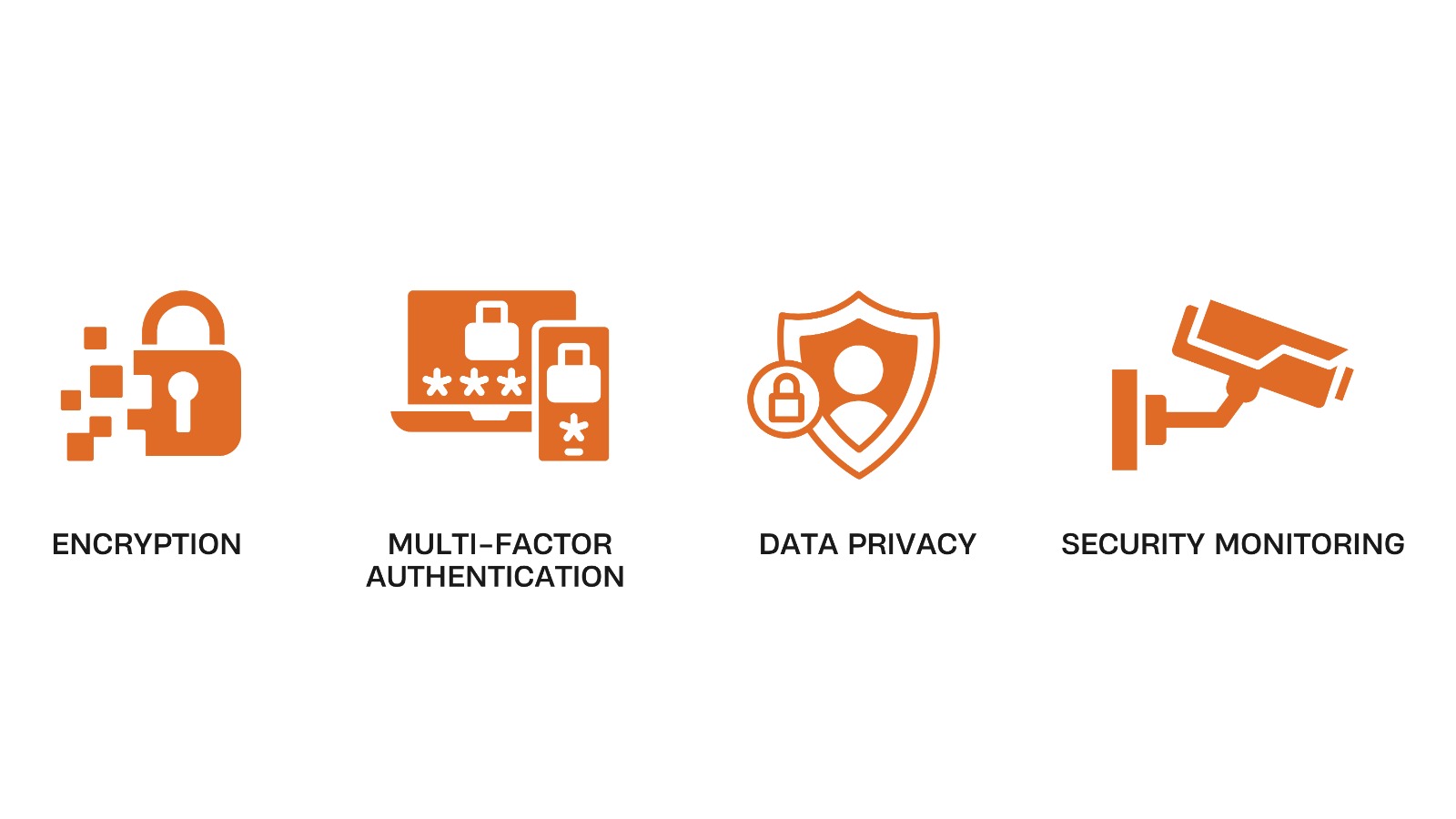As we approach 2025, many businesses in Singapore are increasingly turning to payroll outsourcing for optimization of their processes. While this strategic option comes with numerous benefits, it is important to appreciate and prepare for the associated risks involved. Thus, let us dive into the major challenges that organizations are facing today in outsourcing their payroll functions in this fast-paced business environment.
5 Payroll Outsourcing Risks to Avoid in 2025
Data Security and Privacy Concerns
While outsourcing payroll, the businesses will be facing the impossibilities of experts greatest security concern, including the sensitive data breach or leakage. The Ministry of Manpower points out that organizations dealing with employee information must have stringent data protection procedures in place, as any stain could put it in serious trouble dealing with penalties according to Auckland’s Personal Data Protection Act.

The onus for much of that lies on the company’s ability to guarantee its payroll service providers apply adequate security measures and are compliant with the provisions of Singapore’s PDPA and the international standards in this regard. These should include assurances about end-to-end encryption, multi-factor authentication, and periodic security audits.
Regulatory Compliance Challenges
Singapore’s laws are constantly evolving and updated concerning employment and payroll issues. Companies are facing new complexity when addressing compliance requirements regarding CPF contributions, tax reporting, and foreign worker levy regulations.
Specific aspects of compliance include another highlight, such as:
- The stringent requirements for contribution into the CPF system.
- The taxed obligations of each of the members.
- The civil levies required for foreign workers.
- Changes to the Employment Act.
Reliability of Service Provider and Business Continuity
The stability and reliability of your payroll service provider directly affect your business operations. It becomes increasingly important for companies with a growing reliance on outsourced services to verify that their providers maintain continuity plans to prevent disruptions of service.
Integration and Technology Compatibility
With increasing digitization taking place in today’s organizations, it has become necessary to have seamless integration between payroll systems and other business applications. Organizations need to assess their providers on the basis of technology available and compatibility with current systems.
Managing Expenditures and Concealed Costs
Outsourcing generally promises cost reduction in payroll; if managed poorly, it offers a prospect of unforeseen costs. Organizations need to expect critical costs such as:
- System customization.
- Emergency support services.
- Compliance updates.
- Additional processing requirements.
Also Read: Revolutionize Your Business Operations: Seamless Payroll and Expense Management with GOHRBPO
Mitigation Strategies and Best Practices
1. Thorough Due Diligence
Before engaging a service, the organization should do a proper background check on a payroll service provider and obtain due diligence, evaluating simply their:
- Track record in Singapore.
- Financial standing.
- Technological background.
- Customer endorsements.
- Compliance certificates.
2. Well-built Service Level Agreements
Develop comprehensive SLAs defining in detail:
- Performance indicators.
- Security requirements.
- Compliance standards.
- Service delivery timelines.
- Penalty clauses if not fulfilled.
3. Regular Audits and Reviews
Implement a systematic audit process to keep an eye on your ongoing service provider, both in your place of origin and in the service delivery area with compliance. Regular review will help to foresee problems with the maximum opportunity to avert the escalation of these into major issues.
What Next?
Progressing into 2025, the payroll outsourcing environment in Singapore will continue its evolution. Organizations must also take a proactive approach to keep managing these potentials while reaping outsourcing benefits. Companies that prepare risk management will be in a better position to implement their payroll outsourcing strategy.
Also Read: The Future of Payroll Services for Large Companies
Conclusion
Payroll outsourcing gives Singapore businesses a lot of upside; however, that upside comes along with certain risks which, if acted upon, can make for a very bad day. Mitigating risks through various processes and constant communication will keep your business on the right track and traps for unanticipated disruptions to a bare minimum.
Successful payroll outsourcing is about the ability to choose the right vendor; it is about an established relationship that can evolve as business needs change and regulations change in Singapore’s dynamic business environment.






